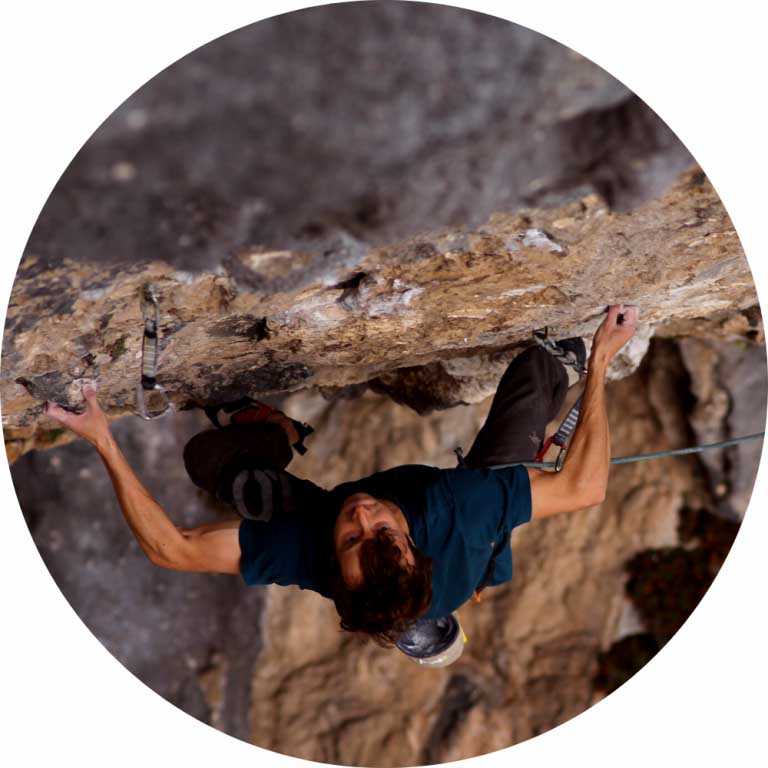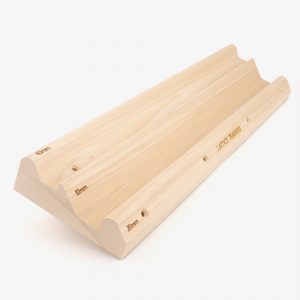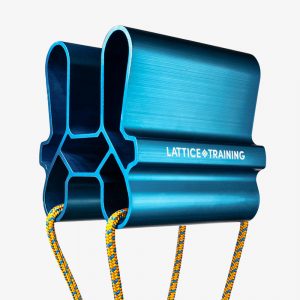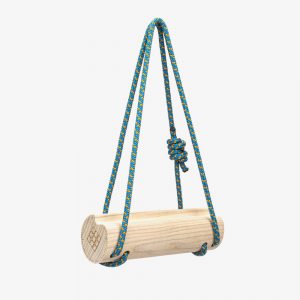Training Tips for Climbers: When Should I Do An Assessment?
If this is something you have been wondering, then read on… as coach Oli Grounsell is going to explain the pro’s and con’s of testing at different stages of training.
“We often get asked when it is best to take on an assessment, and no matter what the time of year, there will be both positives and negatives to getting an objective insight into your profile.”
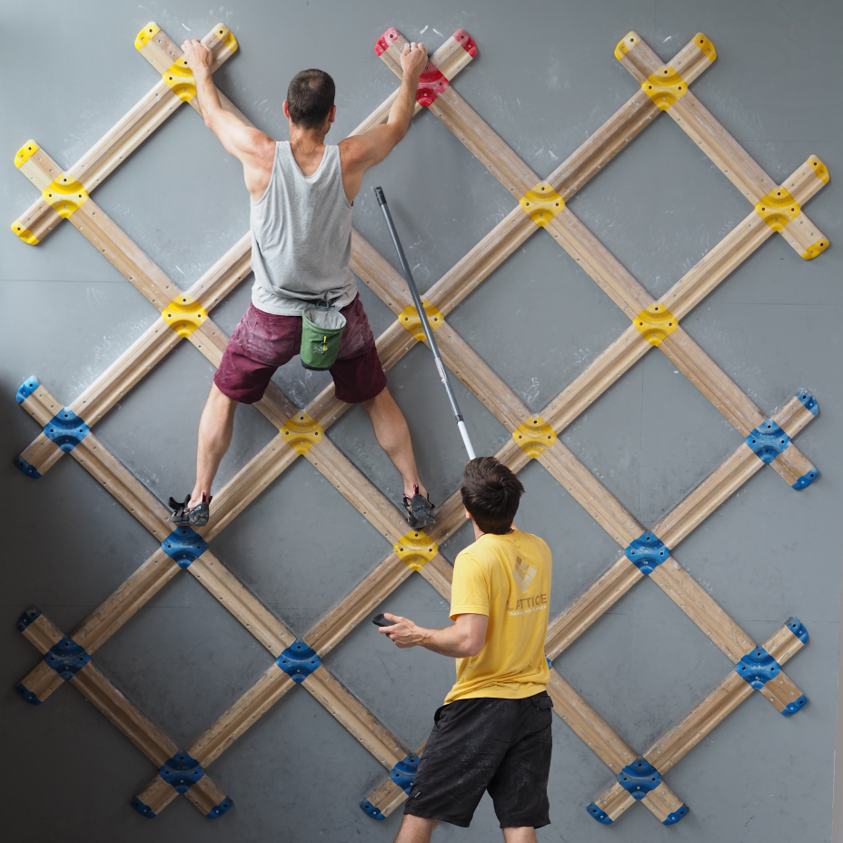
1- Base Period: An assessment at the start of a base period of training helps us tailor the upcoming base work to specifically target our weaknesses. An assessment at this point probably comes with the fewest negatives, aside from the fact that you well may be undertrained compared to previous levels of form, and therefore results are unlikely to give your ego a boost.
2- Heading into and during a Peak: From a testing perspective, this will probably be the point in time where you score best in a number of markers as you will have a whole base period of training behind you, where hopefully you have been working your weaknesses. On the other hand, given that this is a crucial period of your training / taper, you must ask yourself is an assessment the best use of your available energy. Furthermore, you must also consider that if you don’t perform as well as you wanted to, this could have negative psychological implications on your proceeding peak period.
3- Post Peak: This is very similar to the start of your base period, however in Point 1 we assume that you have sufficiently rested before starting your next training cycle. If you are immediately post-peak, this is a really bad time to assess yourself. Your body will most likely be highly fine-tuned towards the goal you had in mind, hence the level of training and recruitment in other areas will be way down. Furthermore, your body will be fatigued from a period of peak performance, and you will therefore be at a higher chance of injury.
